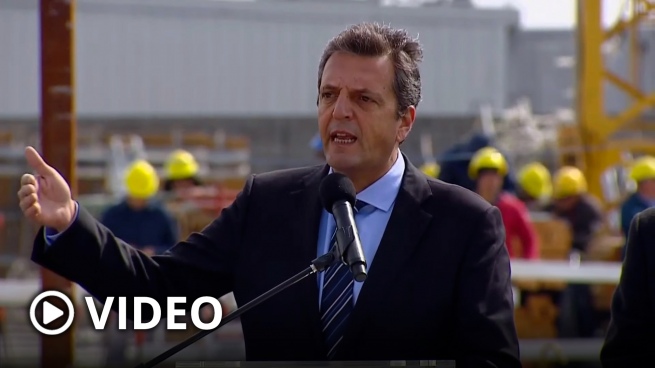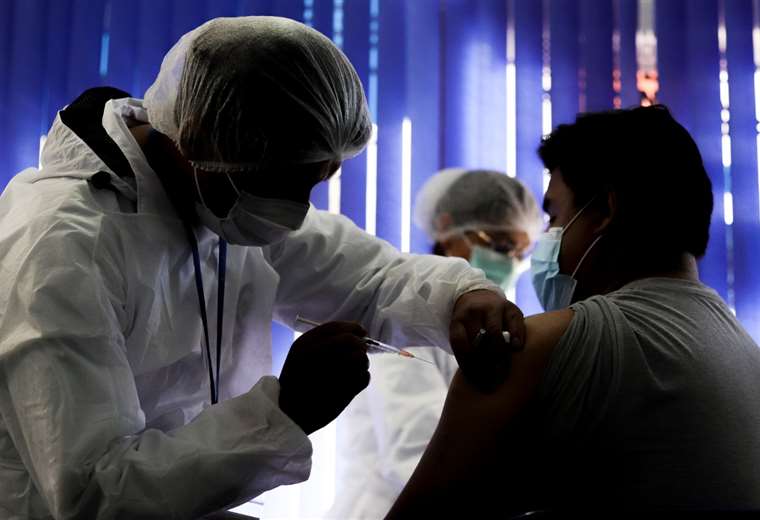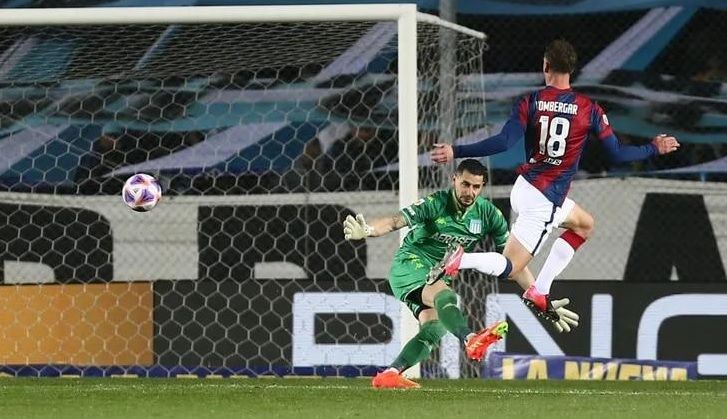The Minister of Economy, Sergio Massa, announced that between Tuesday and Wednesday his portfolio and the Federal Administration of Public Revenues (AFIP) will communicate the “conditions” of application of the extension of incentives to construction, through the corresponding regulation .
“The first objective is to transform dormant savings, which are often not laundered in front of the treasury, into investment and work, ttransform those small savings of pesos or dollars, which many times Argentines keep in the face of uncertainty, in the face of mistrust“, stressed the minister this Monday in an act carried out in the Buenos Aires party of San Fernando.
“We propose very clearly that they transform them into work, into production, but above all into a good that allows them to preserve value and build a future among their own family generations; it is much easier to save in brick value than to pass from generation to generation. generating financial operations, much more so when it comes to a sector that is the mother of industries,” added Massa.
He explained that “we decided to extend this law, build a regulation; tomorrow and the day after, the Ministry of Economy and AFIP are going to inform the different economic actors about the conditions.”
Through Decree 522/2022 published this Monday in the Official Gazette, the Government enacted the Argentine Federal Construction Incentive Law and Access to Housingrecently voted by Parliament, which extends the money laundering regime for construction for one year.
In the event, which was attended by businessmen and workers from the sector, Massa expressed the need for “construction, which together with public investment is the highest in the last 8 years in Argentina, to be accompanied by private investment, dissaving transformed into productive savings”.
I affirm that “This law is federal” because “the further the investment is from Buenos Aires, the greater the incentives,” with the aim of “walking the path of deconcentration” of the metropolitan area.
He considered that “these are issues that transcend a government, that have to do with generating trust from politics and long-term certainty for those who develop, who invest, who generate jobs and in some way build value for Argentina.”
He said that “it is much easier to destroy than to build; we choose to build” and stressed that “we have to understand that Argentina needs a path and a route in which businessmen, workers and the State join hands to generate value and development for our people and for our people”.
He stressed that this law “does not intend to wipe the slate clean” but rather “The savings of the Argentines are transformed into thousands and thousands of yellow helmets throughout Argentina.”
The minister said that “today we are at a number that makes us feel proud, 430,000 registered construction jobs,” of which “much is explained by public investment” but “much is also explained by business risk.”
“Many times, Argentines keep their money in the face of uncertainty and mistrust,” he said, for which he praised the initiative that these resources “be transformed into work and production.”Serge Massa
He called on the sectors to “put the best of ourselves so that when this year of the promoted regime ends, we will have reached 450,000 registered workers and more than 1.5 million square meters built in each of the jurisdictions.”
Another of the speakers at the event, the mayor of the municipality of San Fernando, Juan Andreotti, said that “this announcement is important for construction, which is the engine of our cities, generator of work, income and investment for our municipalities.”
Meanwhile, the president of the Business Chamber of Urban Developers (CEDU), Damián Tabakman, affirmed that the term of one year established in the extension “is reasonable” and that “many Argentines must normalize their possession of dollars.”
“It is much better that the money is transformed into bricks today and not that it remains hidden somewhere,” he stressed.
In his turn, Gerardo Martínez, general secretary of the Construction Workers’ Union (Uocra), maintained that “here in Argentina there is a lot of money, there is 170 billion dollars, much of it laundered in the previous government, others are in a wardrobe”.
“You have to transform that money that is not in the investment of the real economy, take it to the real economy,” concluded the trade unionist.








